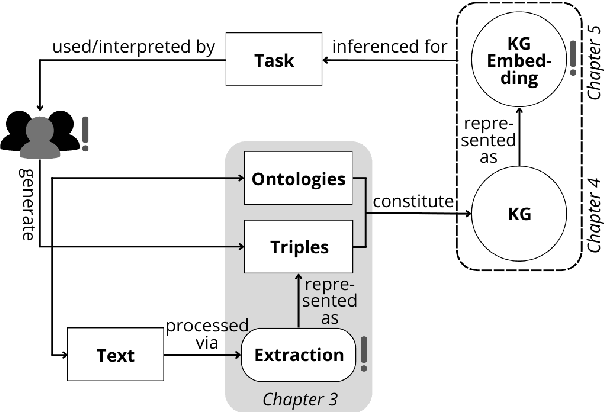Angelie Kraft
Social Bias in Popular Question-Answering Benchmarks
May 21, 2025Abstract:Question-answering (QA) and reading comprehension (RC) benchmarks are essential for assessing the capabilities of large language models (LLMs) in retrieving and reproducing knowledge. However, we demonstrate that popular QA and RC benchmarks are biased and do not cover questions about different demographics or regions in a representative way, potentially due to a lack of diversity of those involved in their creation. We perform a qualitative content analysis of 30 benchmark papers and a quantitative analysis of 20 respective benchmark datasets to learn (1) who is involved in the benchmark creation, (2) how social bias is addressed or prevented, and (3) whether the demographics of the creators and annotators correspond to particular biases in the content. Most analyzed benchmark papers provided insufficient information regarding the stakeholders involved in benchmark creation, particularly the annotators. Notably, just one of the benchmark papers explicitly reported measures taken to address social representation issues. Moreover, the data analysis revealed gender, religion, and geographic biases across a wide range of encyclopedic, commonsense, and scholarly benchmarks. More transparent and bias-aware QA and RC benchmark creation practices are needed to facilitate better scrutiny and incentivize the development of fairer LLMs.
The Ethical Risks of Analyzing Crisis Events on Social Media with Machine Learning
Oct 07, 2022Abstract:Social media platforms provide a continuous stream of real-time news regarding crisis events on a global scale. Several machine learning methods utilize the crowd-sourced data for the automated detection of crises and the characterization of their precursors and aftermaths. Early detection and localization of crisis-related events can help save lives and economies. Yet, the applied automation methods introduce ethical risks worthy of investigation - especially given their high-stakes societal context. This work identifies and critically examines ethical risk factors of social media analyses of crisis events focusing on machine learning methods. We aim to sensitize researchers and practitioners to the ethical pitfalls and promote fairer and more reliable designs.
The Lifecycle of "Facts": A Survey of Social Bias in Knowledge Graphs
Oct 07, 2022

Abstract:Knowledge graphs are increasingly used in a plethora of downstream tasks or in the augmentation of statistical models to improve factuality. However, social biases are engraved in these representations and propagate downstream. We conducted a critical analysis of literature concerning biases at different steps of a knowledge graph lifecycle. We investigated factors introducing bias, as well as the biases that are rendered by knowledge graphs and their embedded versions afterward. Limitations of existing measurement and mitigation strategies are discussed and paths forward are proposed.
 Add to Chrome
Add to Chrome Add to Firefox
Add to Firefox Add to Edge
Add to Edge